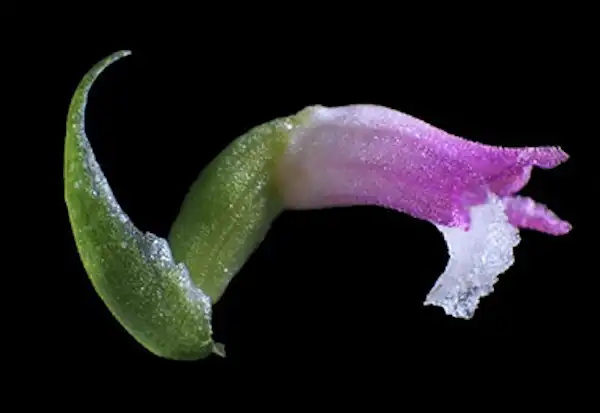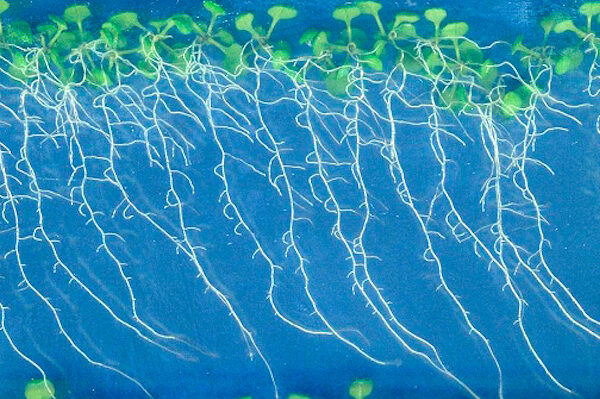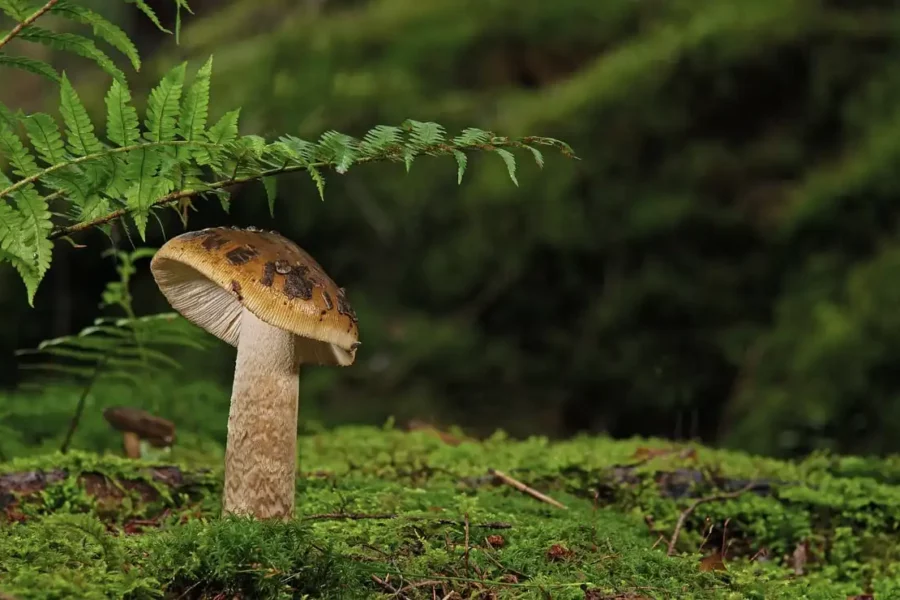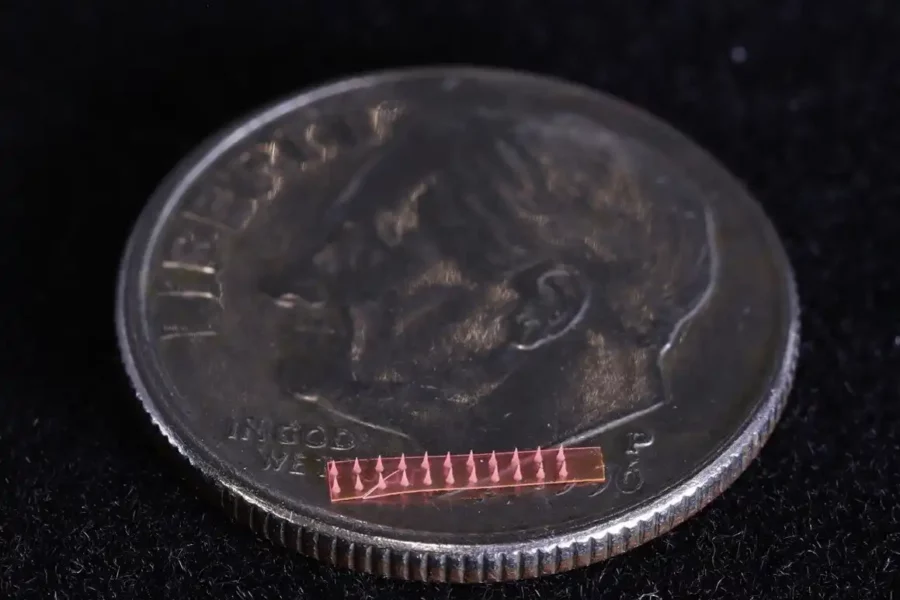An elegant new orchid hiding in plain sight

It is extremely rare for a new plant species to be discovered in Japan, a nation where flora has been extensively studied and documented. Nevertheless, recently recently a stunning new species of orchid whose rosy pink petals bear a striking…
Isabel13/04/2023







